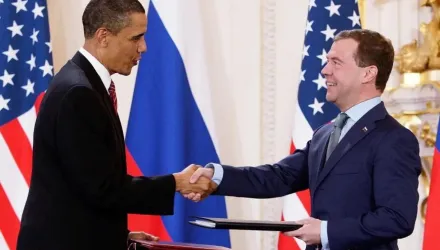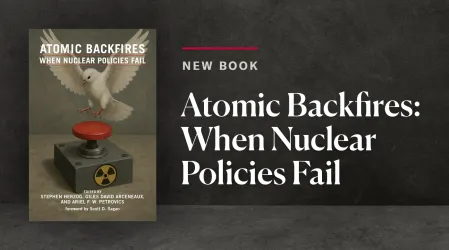A Joint Report by: Center for Strategic and International Studies & U.S. Institute of Peace
Introduction
This report is based on discussions with Chinese specialists on the Democratic People's Republic of Korea (DPRK) during a visit to Beijing, Changchun, and Yanji, June 25–30, 2007.1 Discussions followed on a similar round of interviews conducted in April 2006. Several of our interlocutors recently returned from extended stays in Pyongyang and many others regularly visit the DPRK, commonly referred to as North Korea. Topics discussed included trends in North Korea's economy and prospects for reform; current trends in Sino-DPRK economic relations; China's policy toward North Korea in the wake of the nuclear test; Chinese debates on North Korea; Chinese assessments of North Korea's political stability; and potential Chinese responses to instability.In analyzing North Korea, Chinese experts primarily rely on the following sources of information: 1) South Korean economic data; 2) personal visits to North Korea; 3) contacts with visiting North Korean delegations and North Korean students studying in China; and 4) interviews with North Korean refugees in China.
Glaser, Bonnie, Scott Snyder and John S. Park. “Keeping an Eye on an Unruly Neighbor: Chinese Views of Economic Reform and Stability in North Korea.” United States Institute for Peace, January 3, 2008
The full text of this publication is available via United States Institute for Peace.





